Jonathan Wilson provides his monthly column following Liverpool’s 6-1 thrashing of Watford that saw them move to the top of the Premier League table for the first time since May 2014.
Football matches last 90 minutes plus injury-time. Everybody knows that, of course, but the significance of that fact is easily forgotten. Perhaps the danger was always there but it seems more prevalent in an age in which we have a tendency to consume football in bite-sized packages. Context is lost, yet often it is vitally important.
Take, for example, Liverpool’s third goal against Watford on Sunday. As Philippe Coutinho helps the ball out to Adam Lallana, there is no pressure on the ball at all. Jose Holebas, presumably worried that if he goes to the ball Lallana, already into his stride, will simply knock the ball past him and run into the space, drops back, hoping to at least delay him until the defence can regroup.
The effect, though, is to give Lallana room to measure his cross, which he delivers superbly to the back post, where Emre Can has got behind Nordin Amrabat, whose attempt to track him is, at best, perfunctory. However much you may admire the cross, from a defensive point of view the goal is horrendous.

The question then is why. Why was Holebas left isolated like that, on the back foot and aware his opponent had momentum? And why did Amrabat switch off?
https://twitter.com/LiverpoolGifs/status/795279624322371586
You can almost see the moment at which he gives up: Can has a yard or two on him as Lallana shapes to cross. Both then begin to sprint and then Amrabat raises an arm, perhaps trying to pull Can back. He’s already too far away, though, and Amrabat slows, able only to hope that Can will miss. He doesn’t.
The easy answer is simply to say they’re not doing their jobs properly, that for some reason at the moment they have suffered a lapse in concentration that has opened the door.
And perhaps that’s partially true. But the interesting part is why. And the answer to that perhaps lies in when the goal was scored: the 43rd minute. Watford had been harried and hassled by Liverpool’s pressing and had chased the ball themselves for almost a full half. They were simply exhausted.
Tired players make mistakes. They don’t react as quickly. Their limbs are less nimble. They make bad decisions. They let Emre Can get behind them and then lack the explosive power to recover.
Instinctively we know this. This is why, as Jurgen Klopp says in his uneasy advert for that betting site, more goals are scored in the final minute of a half than at any other time. But what is perhaps less clear is that that’s not simply a matter of fitness: fatigue can be induced.

When Jose Mourinho arrived at Chelsea the first time, he made great play of “resting with the ball”, the periods when his team would play simple passes to each other at the back, giving their players recovery time while opponents, fearing an attack, still had to maintain physical and mental sharpness.
Barcelona or Spain at their peak, similarly wore down opponents. In both the semi-final and the final of the World Cup in 2010, Spain dominated the ball but struggled to make the breakthrough. But they kept going, knowing that their passing was having an attritional effect on Germany and the Netherlands. Sure enough, in both games, the opening initially came – even though against Germany it was simply a header from a corner.
Liverpool’s method is attritional in a different sense. They are, clearly, more direct than Spain. In as much as such things are not merely subjective, they probably are more exciting. But just as surely they tire out opponents, make them make mistakes, and the fact they are so fit helps in doing that.
There is still one major question, though. Why did that process of attrition not do for Burnley? Or, to put it another way, was that game an early-season blip or might that sort of opponent prove problematic in the future?
Context, again, perhaps provides an answer. After Everton’s 5-0 defeat at Chelsea on Saturday, Ronald Koeman observed that the scoreline shouldn’t be taken to mean Chelsea had played better against them than Manchester City had in their 1-1 draw: it was just Chelsea got an early goal, and added another one almost straightaway which changed the dynamic of the game.

Burnley’s early goal changed the dynamic of that game. And that’s why the win at Swansea, coming from behind, being able to impose themselves – albeit on a team less resolute than Burnley – should be just as encouraging for Liverpool as Sunday’s win.
What’s important is that they now have more than one way of winning. They can blow sides away with their pace, or with the skill of Coutinho, or with the speed and precision of their passing, but they can also wear them down. That energy has become a relentlessness.
READ MORE: Liverpool 6-1 Watford – Deeney loses the “war” as Reds leave Hornets dizzy at Anfield
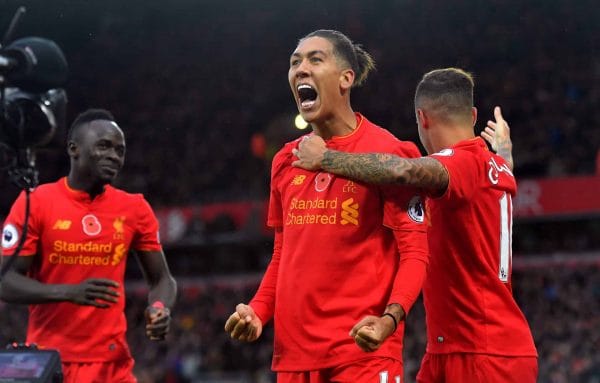


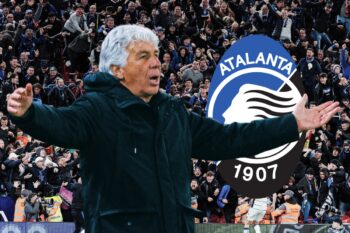

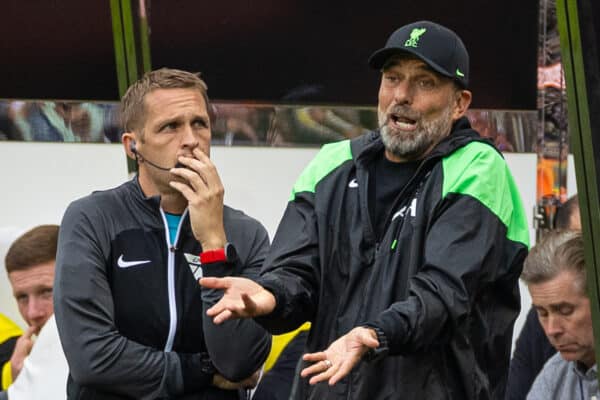

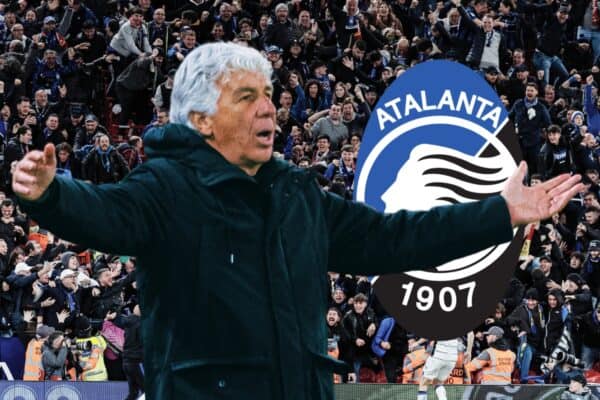





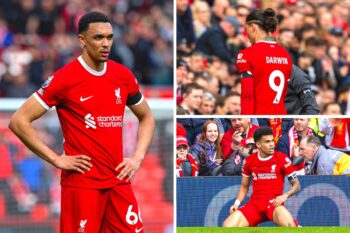

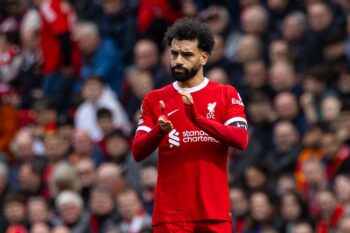


Fan Comments